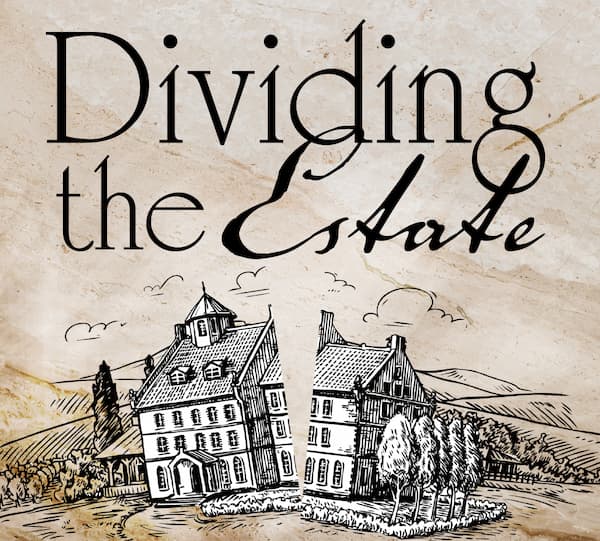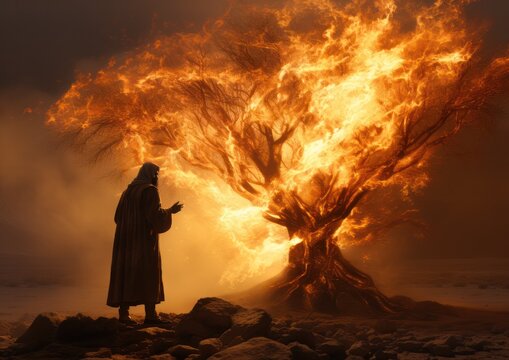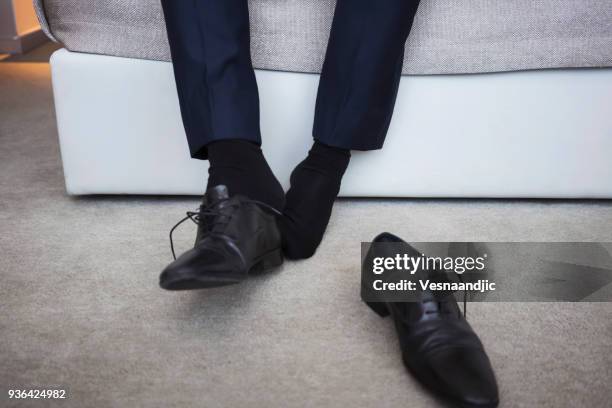BS”D
Shkolim 4b (2)
Teves 21, 5784. January 2, 2024
Short notes on topics discussed this week.
1 – מעשר בהמה when the animal is owned by partners.

2 – The concept of an estate of a deceased, as a self standing entity prior to the distribution of the assets.
3 – Assets of an estate that are divided. Does each recipient really receive ‘his part of the estate’ (יש ברירה) or does each recipient ‘buy’ a part of the estate (אין ברירה).

4 – משה רבינו.
A- He was a נביא.
וְלֹא קָם נָבִיא עוֹד בְּיִשְׂרָאֵל כְּמֹשֶׁה אֲשֶׁר יְדָעוֹ יְהוָה פָּנִים אֶל פָּנִים.

From the יג עיקרים-
אֲנִי מַאֲמִין בֶּאֱמוּנָה שְׁלֵמָה. שֶׁנְּבוּאַת מֹשֶׁה רַבֵּנוּ עָלָיו הַשָּׁלוֹם הָיְתָה אֲמִתִּית. וְשֶׁהוּא הָיָה אָב לַנְּבִיאִים. לַקּוֹדְמִים לְפָנָיו וְלַבָּאִים אַחֲרָיו:
B- Was he a כהן גדול?
There is a discussion about this in זבחים קא, א. Bottom line is that for the days of the מילואים he definitely was considered a כהן גדול and his children were not כהנים.
As to the 40 years in the מדבר there is a מחלוקת. According to the opinion that he was a כהן גדול he was allowed to do the עבודה whenever he wanted.
C- Was he considered a מלך?

The answer, as per the גמרא above, is yes, but his children didn’t inherit the מלוכה. It stopped with him and there was no king for hundreds of years after משה until the coronation of שאול המלך.
5 – We mentioned an original idea of the מהר”ל דיסקין (mentioned in previous shiurim)
The גמרא says that משה actually asked for מלכות when he approached the סנה but his request was denied.
As per the גמרא this request and refusal does not say explicitly in the חומש.

The מהר”ל דיסקין suggest that the words at the first encounter of משה at the סנה hints to this conversation.
וּמֹשֶׁה הָיָה רֹעֶה אֶת צֹאן יִתְרוֹ חֹתְנוֹ כֹּהֵן מִדְיָן וַיִּנְהַג אֶת הַצֹּאן אַחַר הַמִּדְבָּר וַיָּבֹא אֶל הַר הָאֱלֹהִים חֹרֵבָה.
וַיֵּרָא מַלְאַךְ יְהֹוָה אֵלָיו בְּלַבַּת אֵשׁ מִתּוֹךְ הַסְּנֶה וַיַּרְא וְהִנֵּה הַסְּנֶה בֹּעֵר בָּאֵשׁ וְהַסְּנֶה אֵינֶנּוּ אֻכָּל.
וַיֹּאמֶר מֹשֶׁה אָסֻרָה נָּא וְאֶרְאֶה אֶת הַמַּרְאֶה הַגָּדֹל הַזֶּה מַדּוּעַ לֹא יִבְעַר הַסְּנֶה.
וַיַּרְא יְהוָה כִּי סָר לִרְאוֹת וַיִּקְרָא אֵלָיו אֱלֹהִים מִתּוֹךְ הַסְּנֶה וַיֹּאמֶר מֹשֶׁה מֹשֶׁה וַיֹּאמֶר הִנֵּנִי.
וַיֹּאמֶר אַל תִּקְרַב הֲלֹם שַׁל נְעָלֶיךָ מֵעַל רַגְלֶיךָ כִּי הַמָּקוֹם אֲשֶׁר אַתָּה עוֹמֵד עָלָיו אַדְמַת קֹדֶשׁ הוּא.
Now this last פסוק is telling משה to take his shoes off because the area is holy.
But it starts with ‘don’t come close’ and only then ‘remove your shoes’.
What is the ‘don’t come close’? Why not ‘just remove your shoes’?
It seems to say that ‘move back a bit and remove your shoes because where you are now is holy ground’
Suggests the מהר”ל דיסקין:the following:
משה רבינו was 80 years old at the time.
The גמרא says in חולין כד ב that the sign of a healthy and young person is one that can take off his shoes and tie them while standing on one foot.

It adds that only רבי חנינא , despite being 80, was able to perform this acrobatic feat while on one foot. He attributed it to his mother pampering him with olive oil.

Thus, משה, being told that he should remove his shoes wanted to sit down where he was standing to remove them. However, the area of the סנה, he was told, is אַדְמַת קֹדֶשׁ הוּא. It has the same קדושה of the עזרה of the בית המקדש where sitting is prohibited for all, except מלכי בית דוד.
So משה’s was asking to be granted מלכות for himself and his descendants to achieve the status like מלכי בית דוד which would grant him the right to sit down on this אַדְמַת קֹדֶשׁ הוּא.

He is told וַיֹּאמֶר אַל תִּקְרַב הֲלֹם meaning that I hear your request and it is not granted. Your מלכות is limited just to you, not you your descendants, (like דוד המלך). Therefore אַל תִּקְרַב הֲלֹם, ‘move back, sit down and then remove your shoes’.
6- We discussed two footnotes to the above.
A- Doesn’t is say that משה רבינו did not lose any of his strength until the day he passed away? וּמֹשֶׁה בֶּן מֵאָה וְעֶשְׂרִים שָׁנָה בְּמֹתוֹ לֹא כָהֲתָה עֵינוֹ וְלֹא נָס לֵחֹה.
Perhaps it means that whatever strength he had at the age of 80 didn’t diminish until his last day.
B- The גמרא says ‘the ability to remove and tie his shoes.
The question: Does not tying come first?
The Rambam (OH 5, 7) indeed writes tying and removing’!

We mentioned the answer of Reb Levi’k on this last question.
